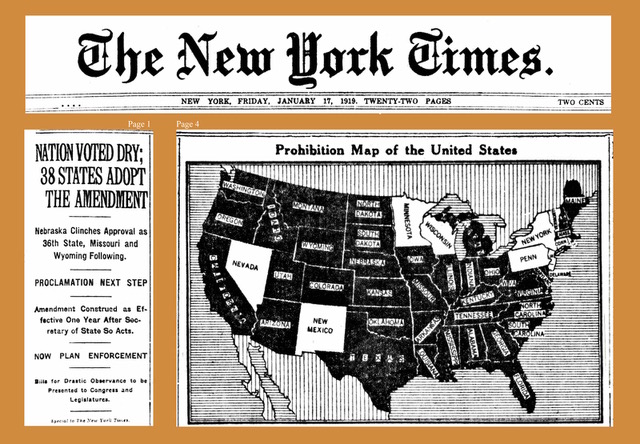
Prohibition
By Gunner Hall
In order to talk about whiskey in the United States, you have to talk about the good and bad times. That’s right. Whiskey in America hasn’t always been a Happy Hour. In fact, there was a time when not only whiskey but all alcohol wasn’t even allowed on the menu of your favorite restaurant. Most of us have heard of the time in our country’s history known as Prohibition, but only a few know precisely what Prohibition was intended to do.
Prohibition in the United States did not happen overnight. You can find traces of anti-alcohol sentiment all the way back to before we were even a country. For example, some Native Americans refused to trade items with colonial settlers in exchange for alcohol. During the early 1800s, however, we started to see the beginning of what is known as The Temperance Movement. While the movement may have started with a few ministers preaching against drunkenness, the idea of banning alcohol spread throughout the United States with the help of volunteer organizations and also traveling ministers who would hold revivals around the country. One of the more popular organizations was The American Temperance Society. At the height of this group’s power, they had over 1 million people pledge never to drink alcohol and had roughly 8,000 local chapters across the United States.
As Temperance Groups grew, they shifted their focus from having people pledge never to drink again to using the government to ban drinking outright. This shift is when we start to see Congress debating banning alcohol throughout the entire nation.
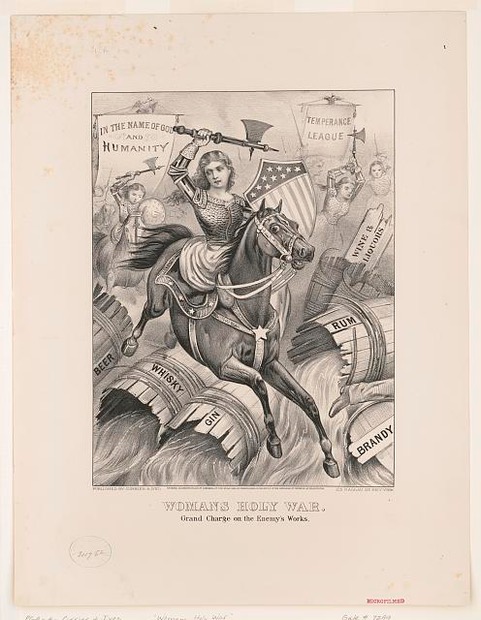
In 1919, the Temperance Movement finally saw its dream come true when Congress ratified the 18th Amendment to the US Constitution. Congress provided the enforcement of the Amendment by passing The National Prohibition Act, commonly known as The Volstead Act. The 18th Amendment prohibited: “the manufacture, sale, or transportation of intoxicating liquours” but not the consumption, private possession, or production for one’s own consumption.
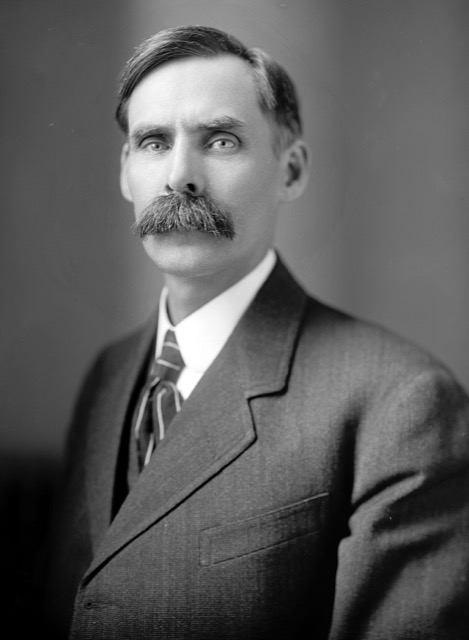
A little-known fact is that during Prohibition, some distilleries remained open. They stayed open due to a clause in the Volstead Act that ensured a supply of spirits to be used as “fuel, dye, and other lawful industries.” These lucky six distilleries were: American Medicinal Spirits, Schenley Distilleries, James Thompson and Brothers, Frankfort Distillery, Brown-Forman, and Ph. Stitzel Distillery. Some of these names might not be familiar to you, and others are probably household names for anyone interested in American-made whiskey.
Luckily, Prohibition didn’t last long. In 1933 the 18th Amendment was repealed by ratifying the 21st Amendment.
I will do a feature on those lucky six distilleries in the next few months. And if they are still in business, we will add a review of some of their products. I hope you enjoy this project as much as I will enjoy writing and researching it.
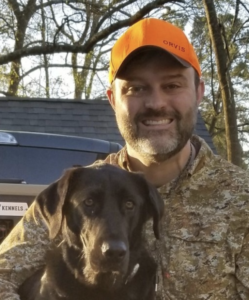
Gunner Hall
Gunner is a writer based in Savannah, GA. He is an outdoor enthusiast and an avid bird hunter. He is a member of numerous conservation organizations and is currently a board member of the Georgia Chapter of Backcountry Hunters & Anglers. He also holds multiple certifications in wine and spirits. Follow his adventures in the swamps and woods of South Georgia on Instagram @gunnerhall


You May Also Like
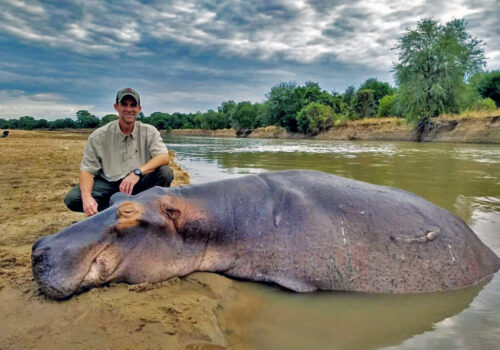
Danger!: Hippo Hunting in Zambia!
January 10, 2020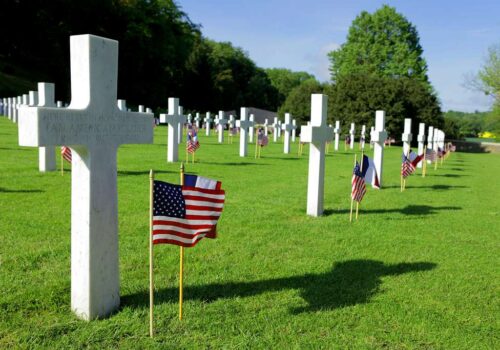
Echoes of Valor: The Forgotten Confederate Sailors of Normandy
February 5, 2024
